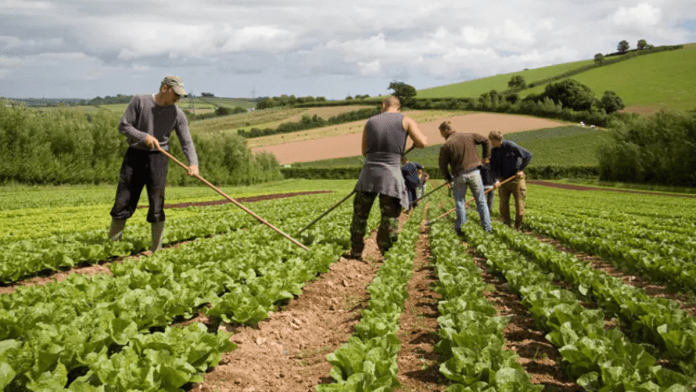News in brief: Republicans are pushing to extend subsidies for cotton, rice, and peanuts, while Democrats want to maintain or increase funding for food aid and farm conservation programs.
The renewal of the United States farm bill faces an uphill battle as Republicans push to extend subsidies for three Southern crops â cotton, rice, and peanuts. The subsidies could potentially cost food aid and popular farm conservation programs billions, a news report said.
Commentators add that this standoff has raised doubts about the possibility of passing a new farm bill before the end of 2023 when funding for current programs is set to expire.
Senate leaders have indicated that they may need to extend funding through a separate measure to provide more time for negotiations.
The dispute centers on Republican demands to extend subsidies, known as price supports, for cotton, rice, and peanuts, which are primarily grown in Southern states. These subsidies provide financial assistance to farmers when market prices fall below a certain level.
However, critics argue that these subsidies are outdated and costly, and that they distort market signals and discourage farmers from adopting more sustainable practices.
Democrats, on the other hand, are seeking to maintain or even increase funding for food aid programs, such as the Supplemental Nutrition Assistance Program (SNAP), which helps low-income families afford groceries. They also want to preserve farm conservation programs that help protect soil and water quality.
With both sides unwilling to budge, the future of the farm bill remains uncertain. The inability to reach an agreement could lead to a lapse in funding for critical farm programs, potentially impacting farmers and food security. Senate leaders have acknowledged the urgency of the situation and have expressed a willingness to extend funding temporarily to allow more time for negotiations. However, it remains to be seen whether a compromise can be reached before the end of the year.



